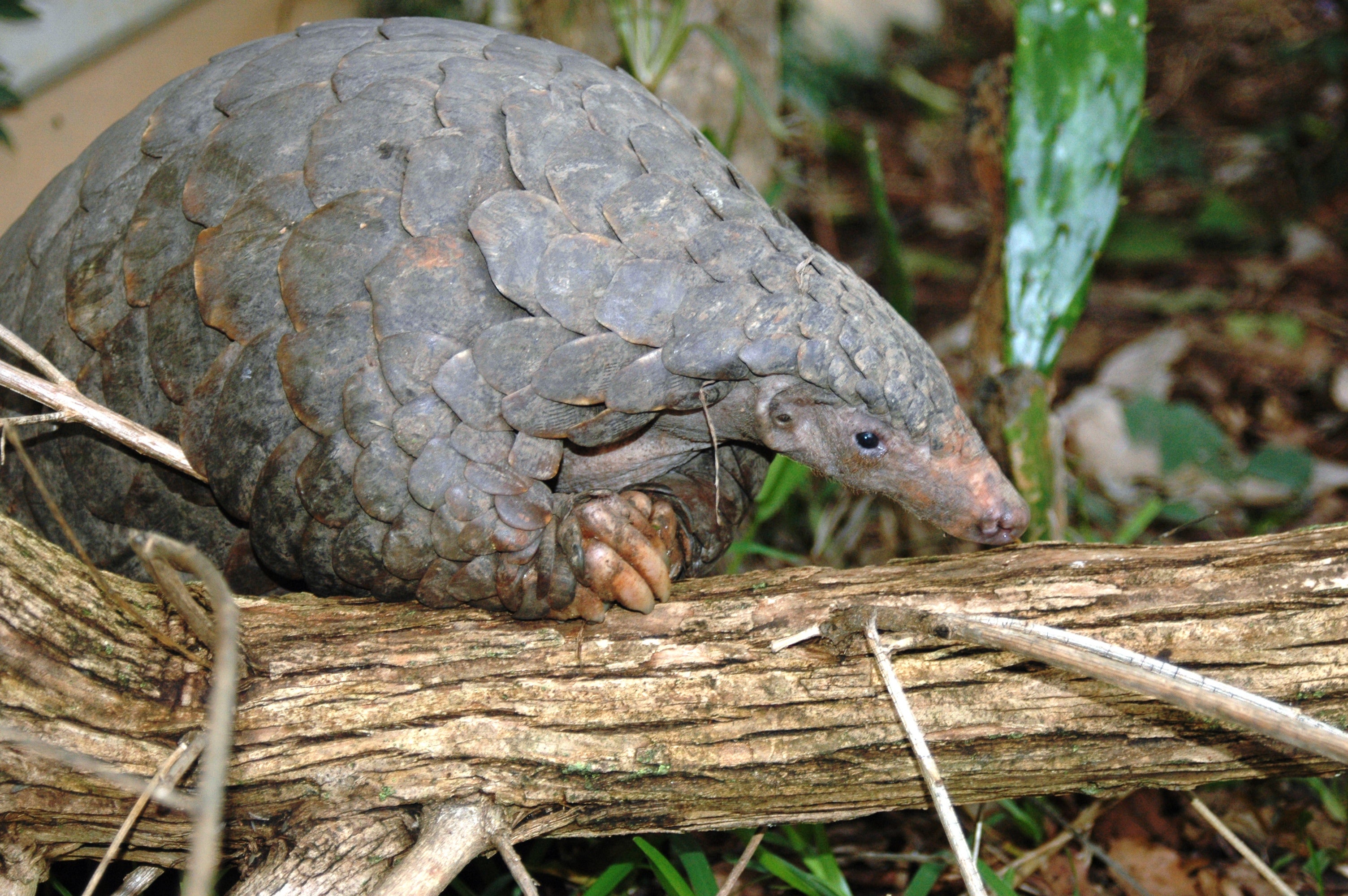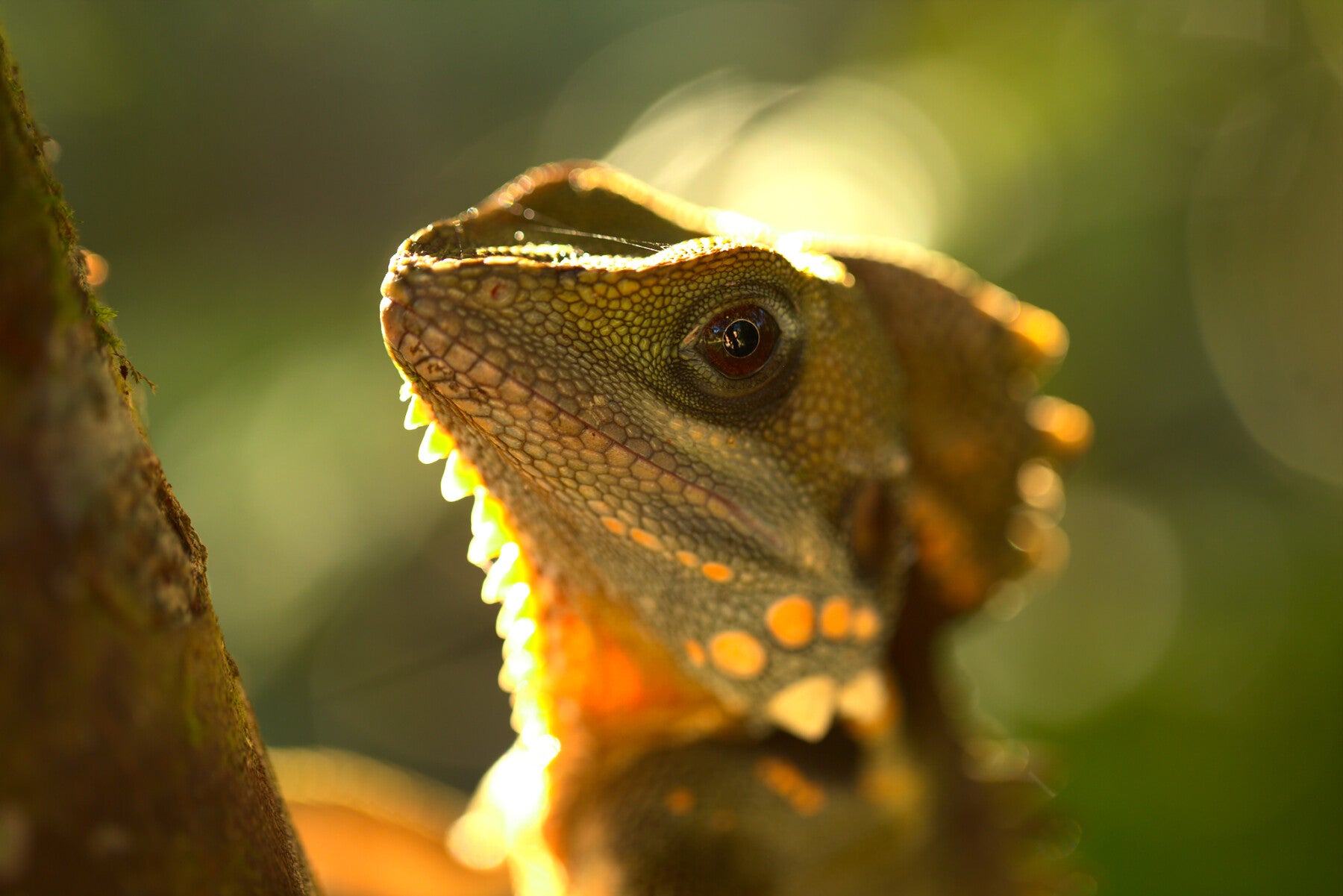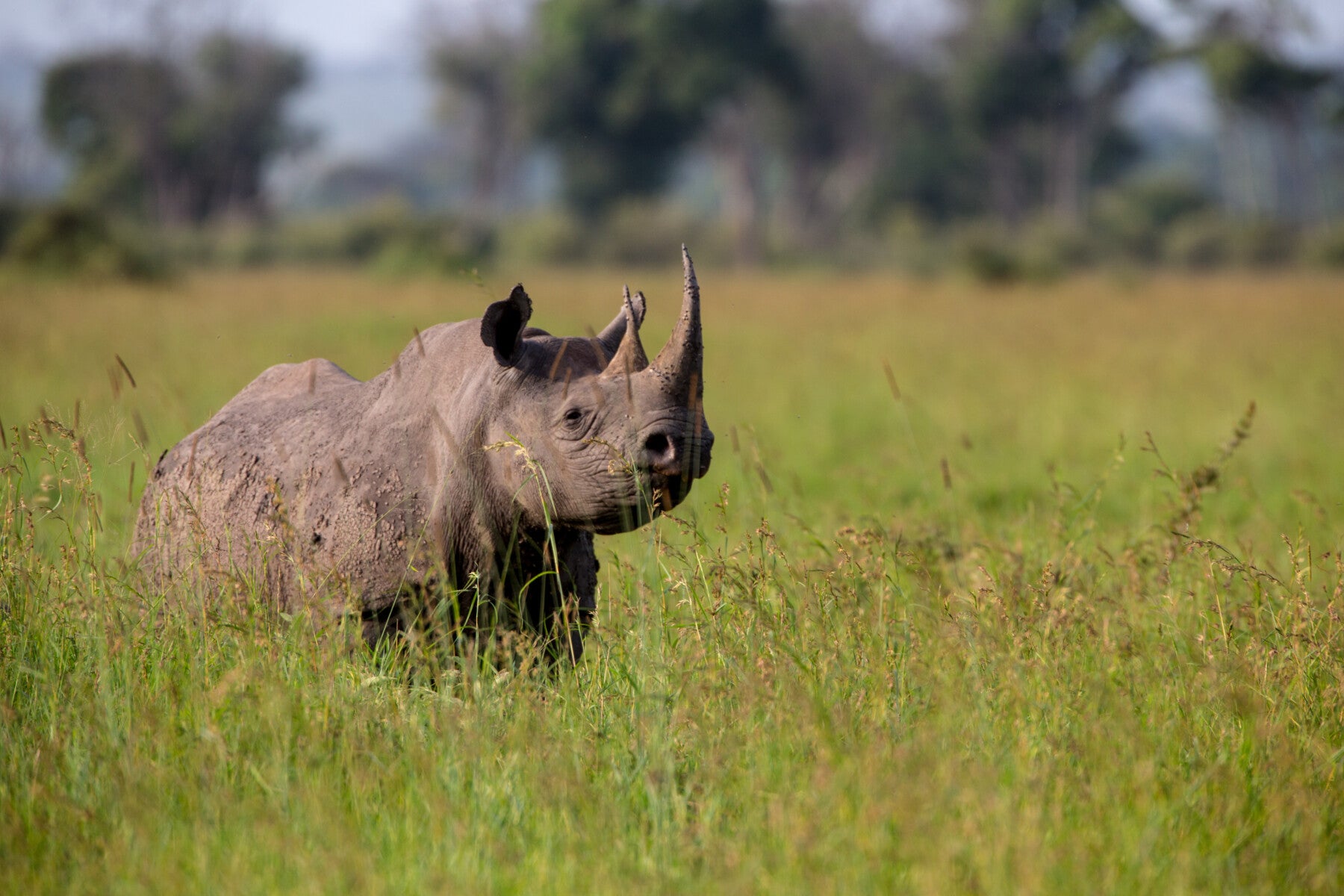
BRUSSELS—A year after the publication of the Revised Action Plan against Wildlife Trafficking, representatives from Member States, the European Commission, the European Parliament and civil society gathered in Brussels to discuss the implementation of the Action Plan and solutions to end illegal wildlife trade. The event was co-organised by Eurogroup for Animals, Animal Advocacy and Protection, International Fund for Animal Welfare, Humane Society International and Pro Wildlife.
Wildlife trafficking is one of the largest international criminal activities. It contributes significantly to biodiversity loss, increases the risk of zoonotic diseases and has negative socio-economic impacts, particularly in countries where animals and wildlife products are sourced.
The EU is a hub for wildlife trafficking and therefore has a crucial role to play. The revised EU Action Plan against Wildlife Trafficking, published in 2022, provides improvements compared to the previous Action Plan and foresees ambitious actions to tackle the issue. Our conference, marking the first year of the release of the revised Action Plan, was opened by a video message from Virginijus Sinkevičius, European Commissioner for Environment, Oceans and Fisheries, who highlighted the role of illegal trafficking in loss of biodiversity and undermining peace and security, followed by a message from César Luena MEP (Socialists and Democrats), who stressed that the success of the Action Plan depends on dedicated implementation by all actors.
The first panel discussed care for confiscated live animals. Representatives from rescue facilities across Europe emphasised the difficulties they are facing to accommodate seized animals and called for increased capacities and resources to offer proper care. Maria Pita Fernandez from the Spanish Ministry for Ecological Transition and Demographic Challenges detailed the actions taken by the country in this regard, especially to facilitate information-sharing and coordination. IFAW presented a new Online Learning Program for enforcement authorities on handling confiscated live animals. The panel stressed the challenges in setting adequate conditions for a wide range of species and called for dedicated funding for rescue centres in national Action Plans without impeding activities to address the root causes of wildlife trafficking.
Participants then heard the experiences of Member States regarding the implementation of the EU Action Plan and innovative solutions at the national level. Representatives from Spain and Czechia presented their plans to fight illegal wildlife trafficking, while Lithuania, the Netherlands, Cyprus and Belgium detailed their experience in implementing innovative measures such as the positive list of allowed pets, emphasising the importance for such lists to protect animal welfare, public health and biodiversity. This is relevant in the context of the upcoming study from the European Commission on the added value and feasibility of an EU Positive List for Pets. Panellists highlighted the added value of an EU positive list to better regulate intra-EU trade and the need to retain national lists that would be stricter than the EU list.
The third panel focused on enforcement challenges and consisted of French and Spanish law enforcement authorities, the representative of the German online platform DeineTierwelt, IFAW and the European Commission. The panellists discussed the state of play and opportunities to properly enforce the legislation in place to combat wildlife trafficking. They emphasised the need for ambitious and harmonised rules to regulate wildlife trade online. Training and awareness raising of enforcement officers on environmental crime, including cybercrime, is crucial to enforce these rules. Financial crimes closely linked to wildlife criminal activities can also facilitate prosecution and must be carefully considered by enforcement authorities.
The final panel exchanged on the loopholes in the current EU legislation which enable species that are illegally caught and smuggled in their origin countries to legally enter the EU market. The example of the Macedonian Grayling, an endangered nationally protected butterfly sold online across the EU was presented. Experts and enforcement authorities described the problem while lawyers and civil society proposed solutions, including a model legislation for the EU, in view of the upcoming Commission’s feasibility study on this issue. Panellists underlined that such legislation could complement an EU Positive List and is an important opportunity for the EU to protect biodiversity worldwide.
The event was closed by MEP Martin Hojsík (Renew) on a hopeful note, calling for the timely and proper implementation of this ambitious Action Plan, increased capacity to seriously tackle illegal wildlife trade and the need for new legislative tools at EU level including the positive list and the criminalisation of illegally sourced wildlife trade in the EU.
Dr Joanna Swabe, senior director of public affairs for Humane Society International/Europe, says: “Yesterday’s event has illustrated just how vital it is that the EU closes the loopholes in the current EU wildlife trade regulations. By failing to criminalise the import of nationally protected wildlife species that have been taken in violation of the laws of other countries and allowing this stolen wildlife to be traded legally in Member States, the EU continues to be complicit in the loss of biodiversity elsewhere in the world. This cannot and must not continue.”
ENDS
Media contact: Cassie Bodin-Duval, international coordinator for media relations: cbodinduval@hsi.org ; +32 (0) 469 149 469



